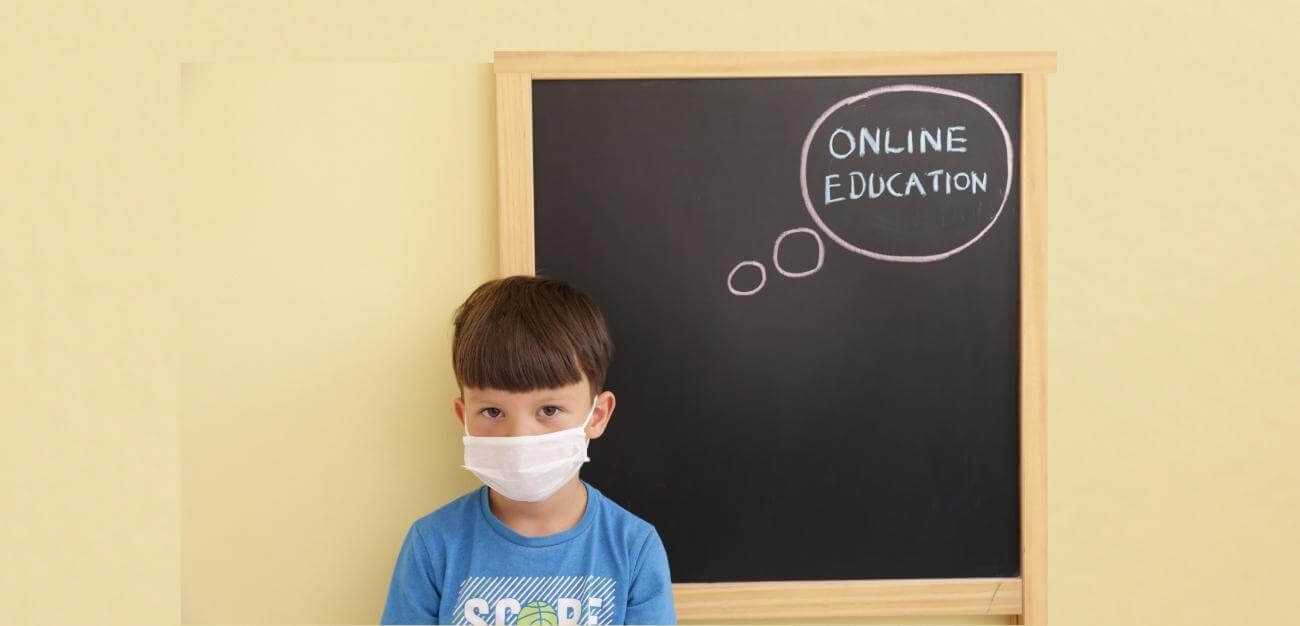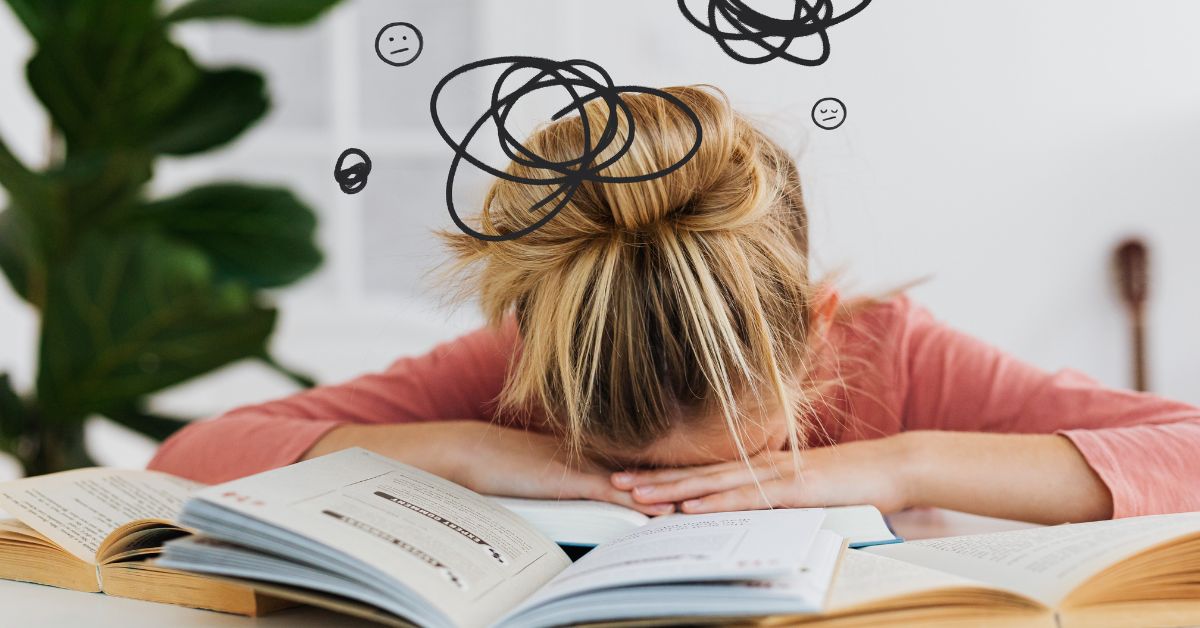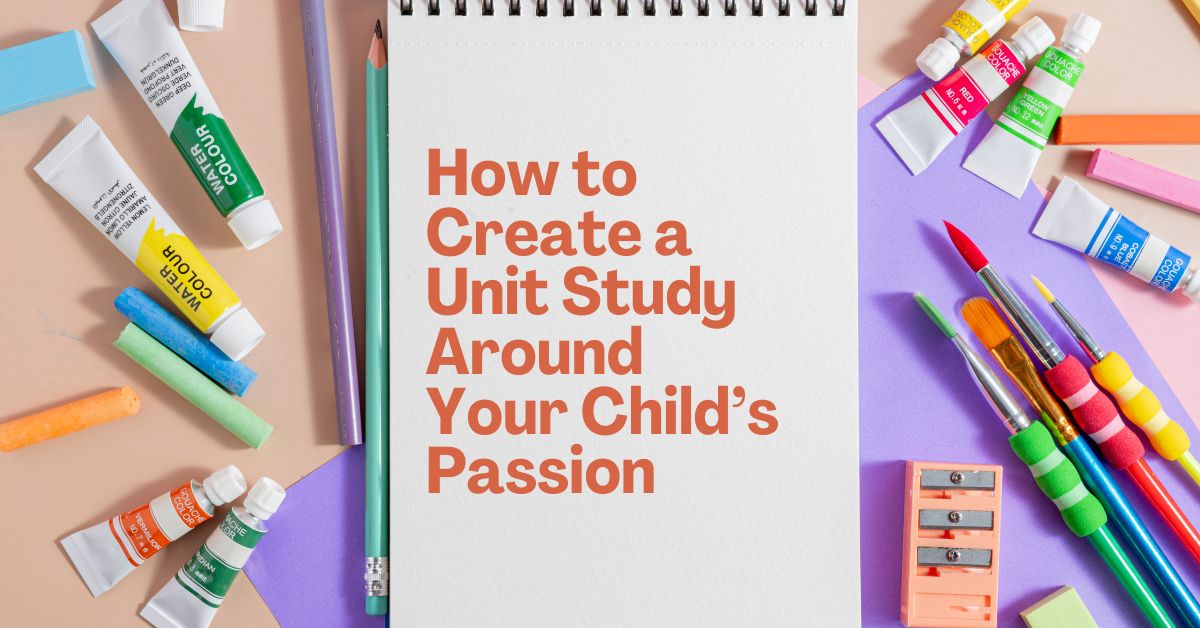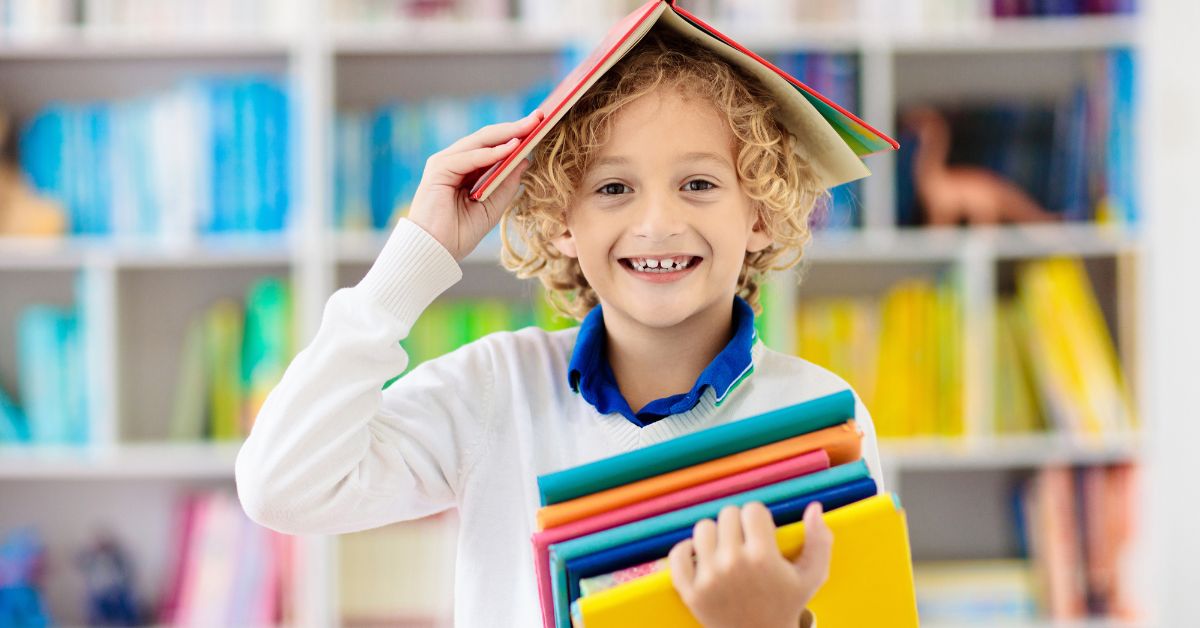It’s been a few years since the pandemic hit, and we are starting to see its effects on education. Schools were closed, children were out of school for extended periods of time, and virtual learning was introduced. This was all done in an effort to keep children safe from the virus. But what about the long-term effects? Are our children worse off now than they were before? In this blog post, we will talk about the worst education crisis in history.
Research is now starting to come forth concerning education and how the pandemic influenced our children. Some parents were happy to keep their children home from school, while others wanted them back in class. No matter what side of the argument you were on, all parents wanted the same thing – for their children to keep up with schooling and not fall behind. To try and keep up with their education, some parents turned to online math help or searched for a tutoring company.
The Research
While some educational interventions were able to help keep children on track in the interim, the overall effect of the pandemic is now being recorded as researchers conduct studies. So far, studies are showing that the coronavirus pandemic has caused alarmingly high learning losses in math and reading. This loss of education has been felt worldwide and is now reported as the worst education crisis ever recorded.
One of the largest studies done to date on the effects of the covid pandemic on school children around the world was conducted by Unicef, UNESCO and The World Bank. The results were published in a new report and attributed school closures as one of the most significant factors in disrupting children’s education across the board from low-income to high-income countries.
The report found that schools were forced to close quickly and adapt the curriculum to an online learning environment, often leaving teachers without the proper resources or training. Despite the best efforts by schools, the report found that “the deployment, uptake, and effectiveness of such programs has varied greatly, and in most countries, offered an inadequate substitute for in-person learning.”
In Canadian studies, researchers have found that students who switched between remote and in-person learning had a tumultuous education experience amid COVID-19. Many education advocates are now highlighting the loss in education as a longer-term concern that will persist even after COVID-19 wanes.
Children Who Are Already Struggling
Researchers have noted that these disruptions in education have affected students who were already struggling before the pandemic hit even more than others. This means that for students who were already working through challenges at school, the pandemic made it even more difficult to have an enriching educational experience.
Even without a pandemic, teachers look for students struggling with learning losses and find ways to work with the child toward eliminating the gap. For some students, this means summer school or after-school tutoring. However, with an added loss of education from the pandemic, the worry is that there is just not enough time or resources for these students to catch up to their peers.
While Canada has yet to release any official information regarding education loss caused by the pandemic, other countries have the metrics to prove that children have fallen behind where they should be. It has also yet to be determined how this will affect them long-term. Although this is disturbing news, parents need to discuss the loss of education away from their children. Students have been through a lot in the past couple of years, and anxiety may already be high. If they believe they may be at risk of falling behind, it can add extra stress and cause them even more pressure. Just remember that almost every family is in the same boat, and the government is stepping in to help make a difference.
Ontario’s Learning Action Recovery Plan
As schools scramble to find ways to support learning recovery and work on a further plan to target learning loss head-on, many provinces throughout Canada are offering additional funding to support reading and math for all students. For example, in Ontario, this comes in the form of Ontario’s Learning Recovery Action Plan for Students, which has been designed to help students who have been struggling in school catch up and get back on track.
As research shows, the pandemic has caused the worst education crisis in history, the question becomes how we fix it and help our children catch up without overwhelming them. Many educators are calling for protecting and increasing investments into education, saying it should be the first among priorities to get the children the help they need.





